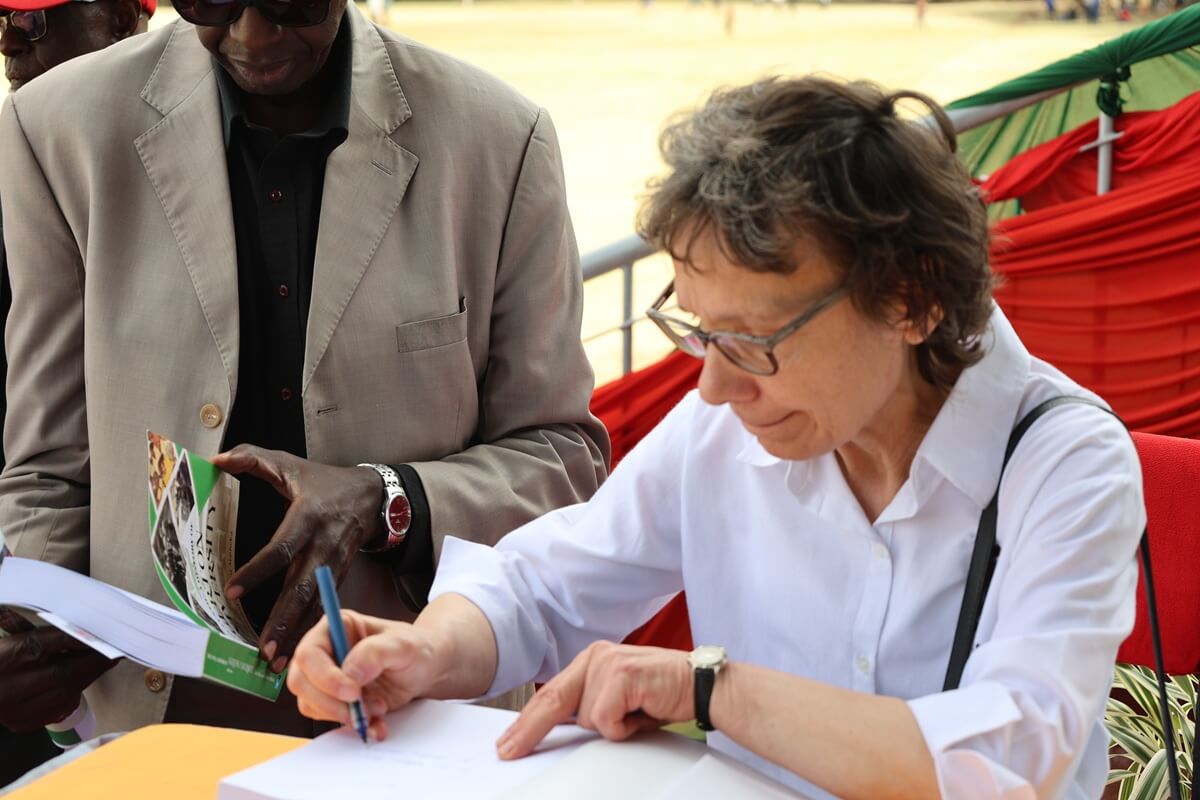Egerton University marked a major milestone on Friday, November 21, 2025, as it hosted its inaugural Innovation Challenge, a flagship event designed to strengthen the institution’s entrepreneurial and commercialisation agenda.
The event, held under the University’s Innovation, Entrepreneurship and Commercialisation Master Plan (IECMP), brought together students, faculty, researchers, and industry stakeholders in a vibrant display of creativity and problem-solving.
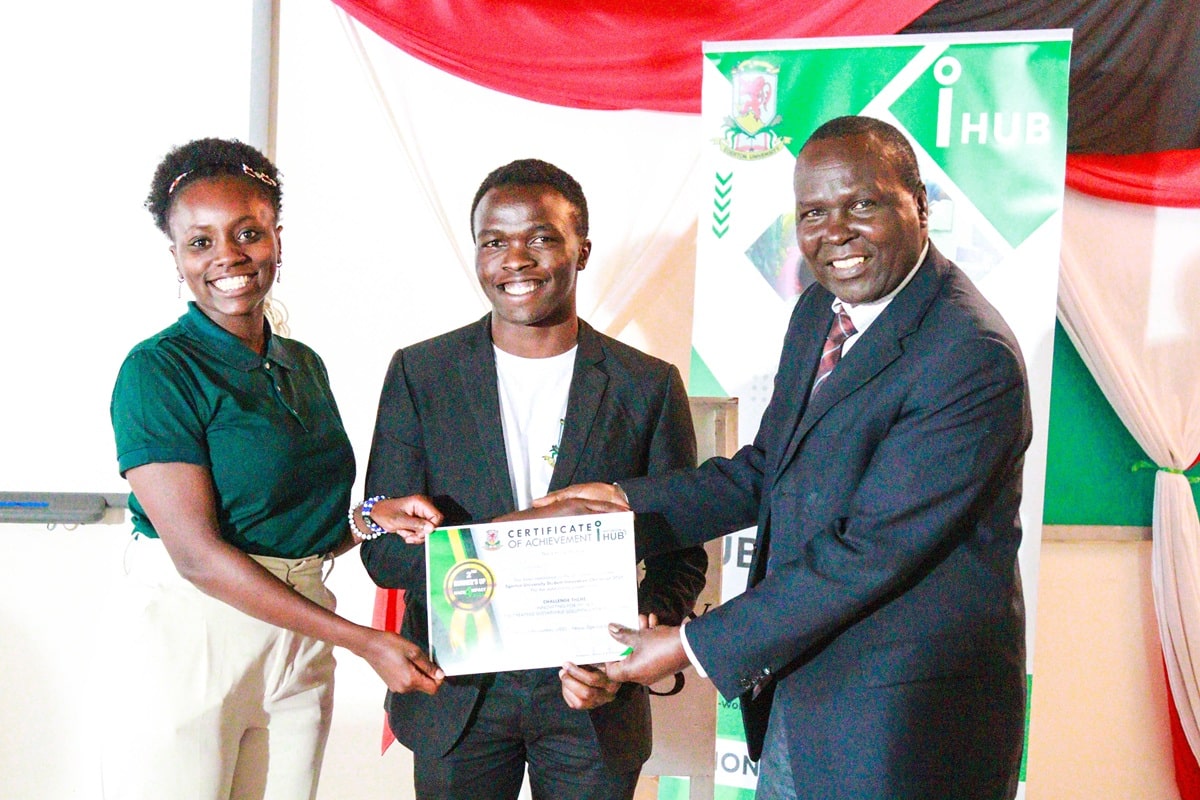
The challenge was spearheaded by Prof. George Owuor, Director of Research, who emphasised that the initiative is central in shaping an innovation-driven university. According to him, the IECMP provides a clear framework for integrating entrepreneurship into the University’s culture, research processes, and overall academic mission.“The purpose is to create a dynamic, supportive and efficient environment which will nurture entrepreneurship at all levels — from students to senior faculty,” said Prof. Owuor.
He noted that Egerton University aims to evolve into a hub where ideas are not only generated but refined, tested, and transformed into working solutions that address real societal and market needs.A key component of the Innovation Challenge is supporting ideation. Through the IECMP, the University intends to provide innovators with access to research facilities, mentorship, specialised equipment, and incubation platforms. These resources, Prof. Owuor explained, are essential in helping innovators move from raw concepts to viable, market-ready prototypes.In addition to ideation support, the challenge has a strong focus on commercialisation pathways. Under the IECMP, Egerton University is establishing clearer, faster, and more predictable routes for innovators to commercialise their work.
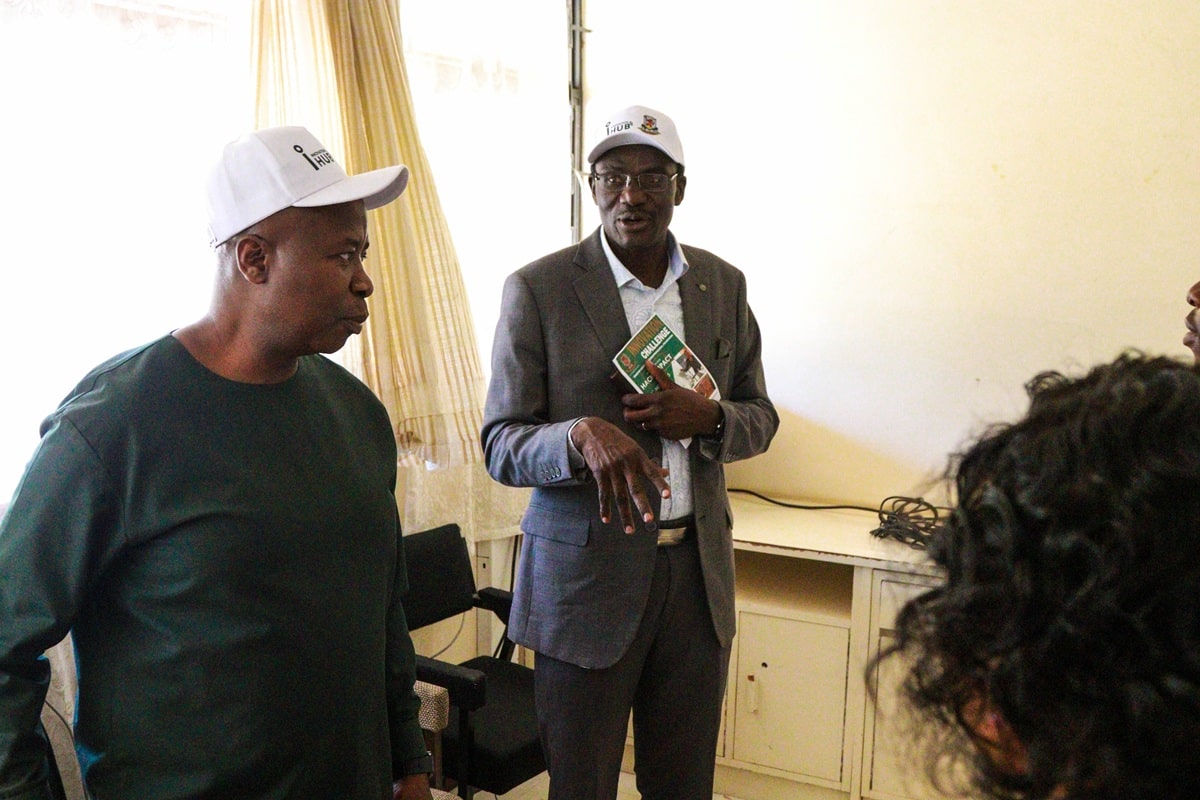
This includes mechanisms for licensing university-owned technologies, forming spin-off companies, and forging partnerships with investors and industry players who can take university-generated intellectual property to market.“The University is strengthening the structures required not just to develop ideas, but to transform them into enterprises or products that can succeed beyond campus,” said the Director of Research.The inaugural event also placed strong emphasis on enhancing ecosystem linkages. By inviting government agencies, private-sector partners, investment bodies, and development organisations, the Innovation Challenge created a platform for innovators to interact with the very stakeholders that influence market access, funding opportunities, and innovation policy.According to Dr. Joseph Momanyi, the University’s Technology Transfer Officer, the event marks the beginning of a deeper institutional shift. “These are baby steps toward establishing clear policy and a strong institutional innovation culture,” he said.
Dr. Momanyi added that the challenge will be refined and expanded annually, ultimately becoming one of the University’s most important drivers of research impact and entrepreneurship.The event was powered by a strong team of University leaders and experts who served as mentors, evaluators, and thought leaders throughout the challenge.
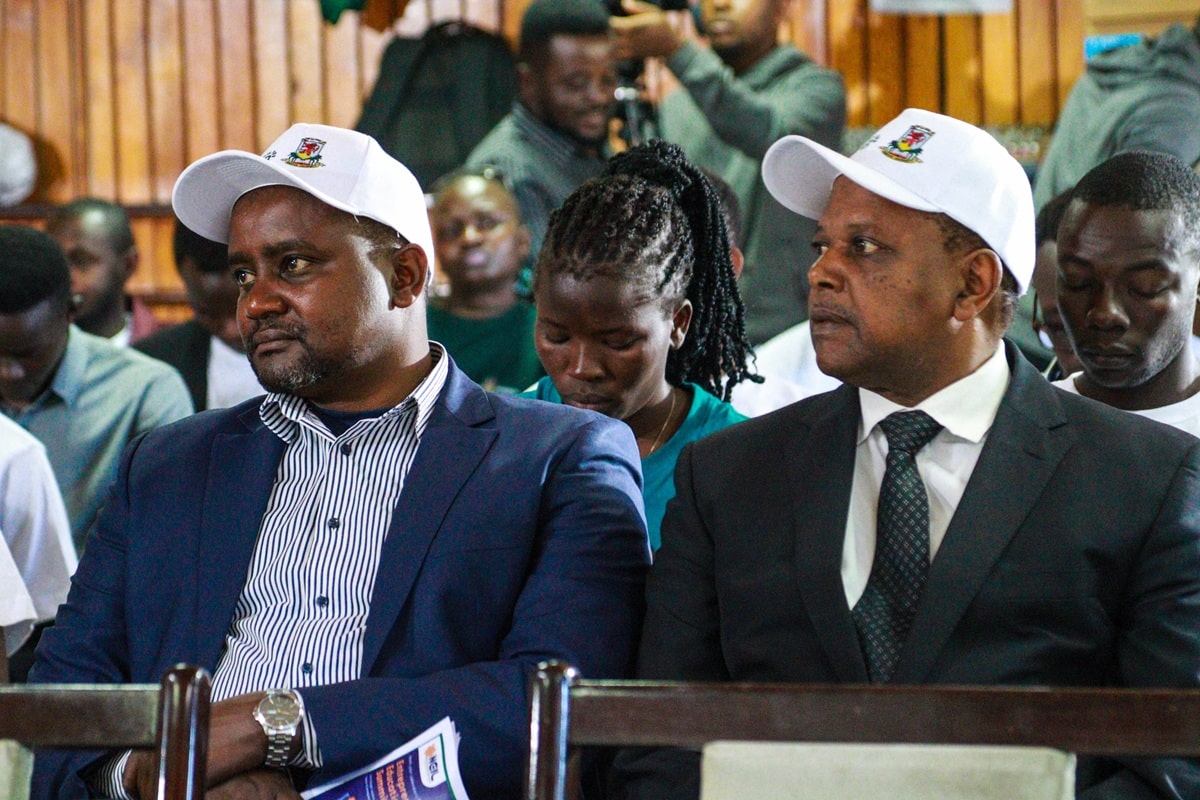
Among them were Prof. Paul Kimurto (Director, University Science Park), Prof. Anthony Kibe, Prof. George Owuor, Dr. Wabwile (Dean, Faculty of Law), Dr. Muluvi, Dr. Mareri, Dr. Nancy (Lecturer and innovator), and Dr. Moses Thiga (Director, ICT), among others. Their involvement underscored Egerton’s commitment to collaborative leadership in strengthening innovation capacity.
Importantly, the entire Innovation Challenge was fully funded internally by the University, with support from stakeholders within its research and innovation ecosystem. This internal investment signals Egerton’s commitment to developing a sustainable innovation pipeline aligned with its long-term strategic goals.The debut edition of the Challenge attracted significant participation, with more than 50 innovations showcased, pitched, and evaluated by a panel of judges drawn from academia, industry, and the entrepreneurial community.
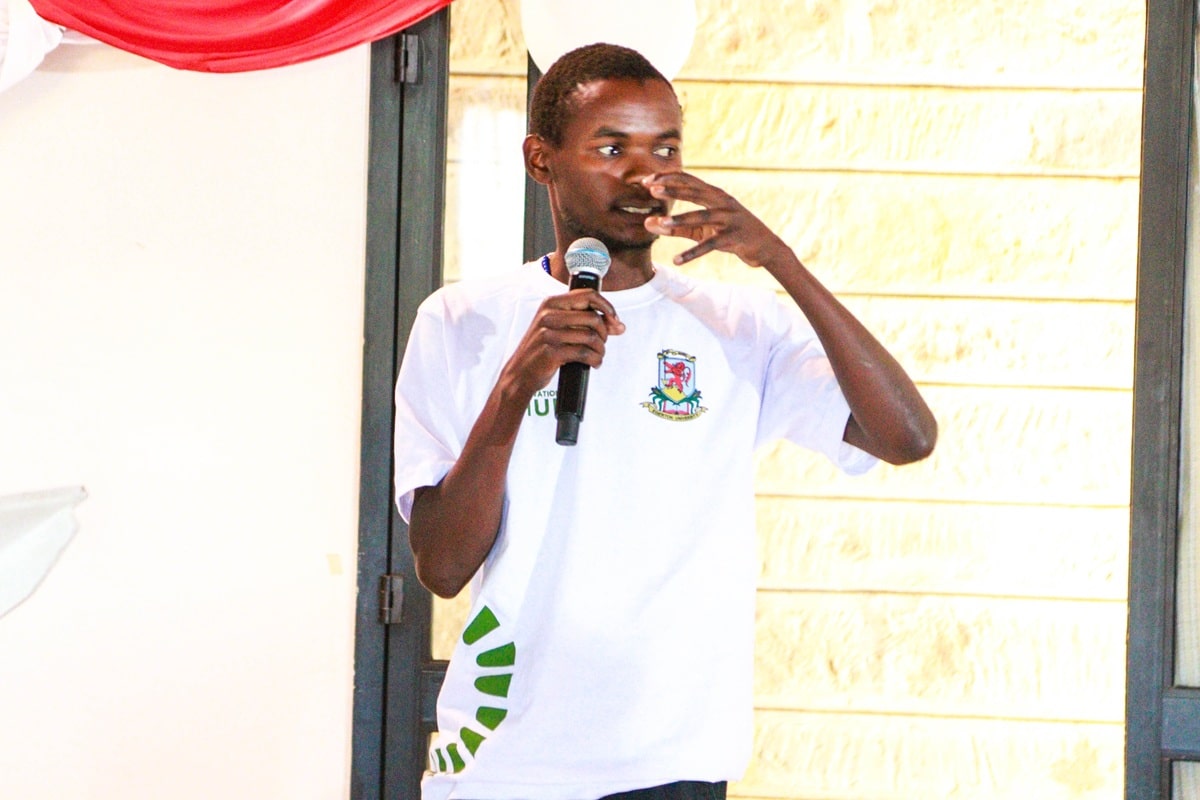
Participants presented innovations spanning agriculture, ICT, engineering, health, environment, and social sciences—reflecting the interdisciplinary approach the IECMP envisions.As the inaugural event concluded, organisers affirmed that this is only the beginning. Egerton University plans to scale the challenge into an annual flagship competition, expanding mentorship opportunities, incubation spaces, and industry linkages.
With the IECMP as its guide, the University seeks to position itself as a leading centre of innovation, where ideas are nurtured, tested, and elevated into impactful solutions for Kenya and beyond.
By Musa Kurian, Communications Officer,





